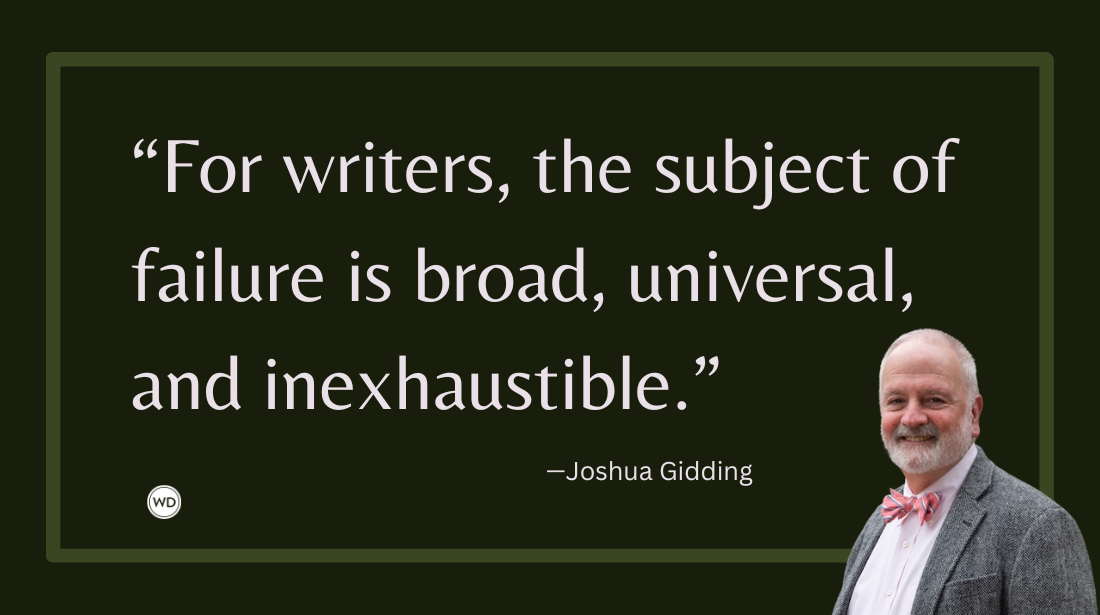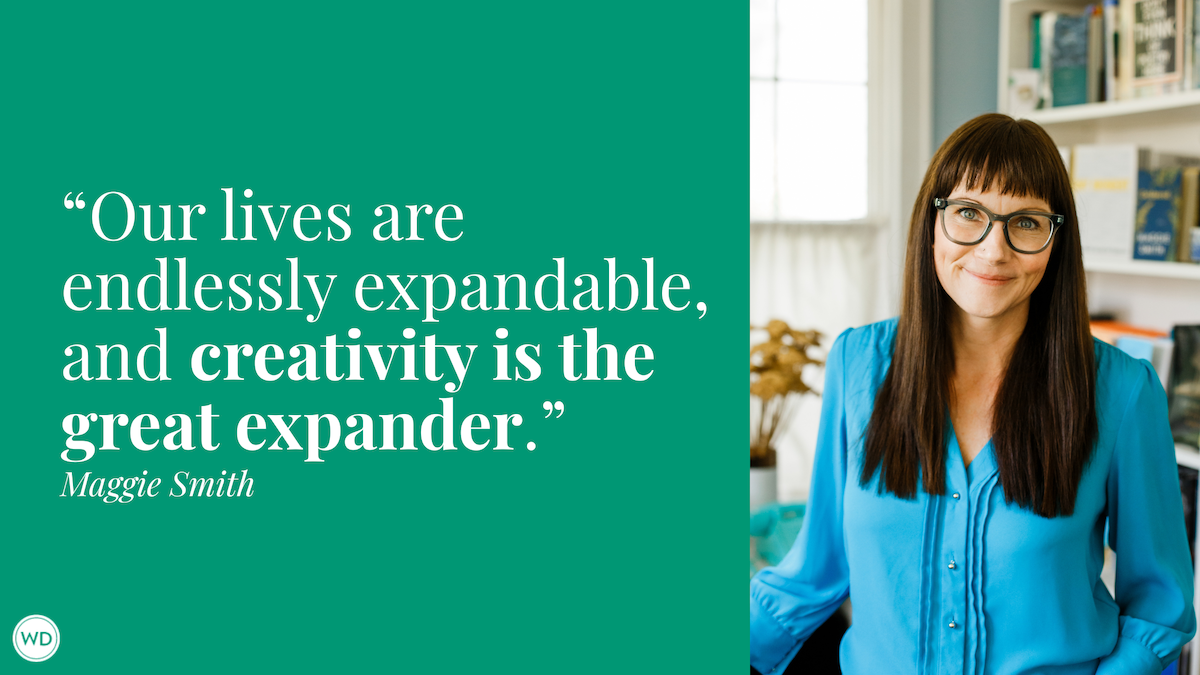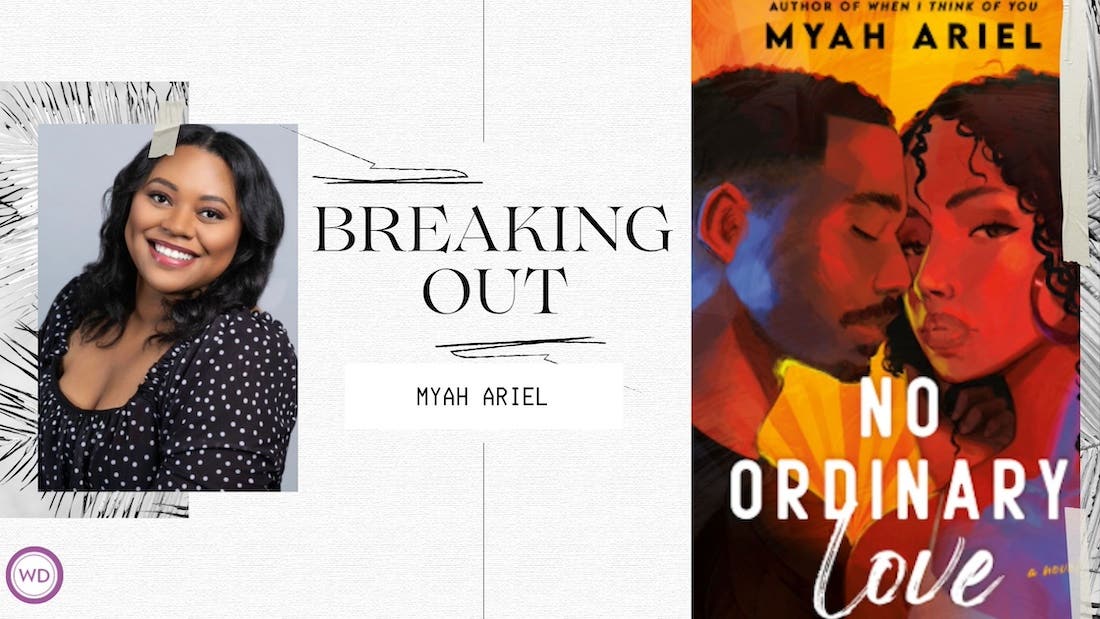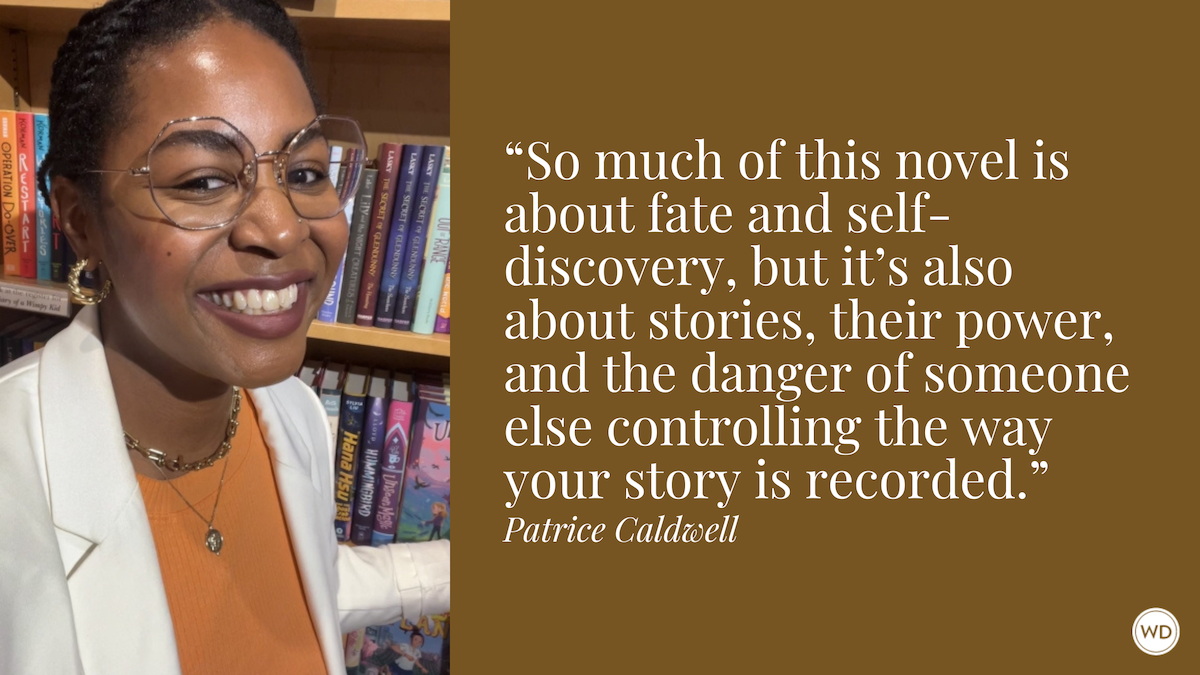Lee Gutkind: The Godfather Behind Creative Nonfiction Takes on Memoir for the First Time
Dubbed the “Godfather behind creative nonfiction” by Vanity Fair Magazine, Lee Gutkind shares his first experience with memoir, what makes it different than his previous books, what writers can’t take back, and more!
Lee Gutkind is the author of My Last Eight Thousand Days: An American Male in His Seventies (October 1, 2020, University of Georgia Press). Author and editor of more than 30 books, including You Can't Make This Stuff Up: The Complete Guide to Writing Creative Nonfiction–from Memoir to Literary Journalism and Everything in Between, Forever Fat: Essays by the Godfather, and the award-winning Many Sleepless Nights: The World of Organ Transplantation, Gutkind is a popular speaker, presenting his "True Stories That Matter" techniques to audiences at the National Press Club in Washington, to scientists and engineers at the National Academy of Science, and to the prestigious Council on Healthcare Economics and Policy at Princeton University.
He has appeared on many national radio and television shows, including The Daily Show with Jon Stewart, Good Morning America, and National Public Radio's All Things Considered. Founder of Creative Nonfiction, the first and the largest literary journal to publish narrative/creative nonfiction exclusively, Vanity Fair Magazine calls Gutkind "the Godfather behind creative nonfiction."
He was instrumental in starting the first MFA program in creative nonfiction at the University of Pittsburgh and the first low residency program at Goucher College. Gutkind holds the position of Professor in the School for the Future of Innovation in Society at Arizona State University.
In this post, Gutkind shares his first experience with memoir, what makes it different than his previous books, what writers can't take back, and more!
*****
If you love to write and have a story you want to tell, the only thing that can stand between you and the success you’re seeking isn’t craft, or a good agent, or enough Facebook friends and Twitter followers, but fear. Fear that you aren’t good enough, or fear the market is too crowded, or fear no one wants to hear from you. Fortunately, you can’t write while being in the flow and be afraid simultaneously. The question is whether you will write fearlessly!
*****
Name: Lee Gutkind
Literary agent: Andrew Blauner
Title: My Last Eight Thousand Days: An American Male in His Seventies
Publisher: University of Georgia Press
Release date: October 1, 2020
Genre: Nonfiction/Memoir
Previous titles: I have written 16 narrative nonfiction books, immersing myself in various subcultures—from motorcycles to baseball, robotics to organ transplantation, veterinary medicine to mental illness. I've researched in the Atacama Desert in Chile where it hadn't rained for 100 years, bicycled across Tanzania and climbed Kilimanjaro, got trapped in the midst of an armed rebellion in Tibet.
Elevator pitch for the book: Immersion journalist Gutkind turns his notepad and tape recorder inward to perform a deep dive on himself revealing brave, often confessional stories wrapped around his obsession and fascination with aging—his resistance, his fears—how aging provoked anxieties and unearthed long-rooted tensions—and how he came to accept, even enjoy, his mental and physical decline.
(Writer's Digest uses affiliate links.)
What prompted you to write this book?
I felt ready and energized to look back at my life and reflect upon what I had achieved professionally and personally, what had held me back, what I might look forward to, mainly, what I could and should do to make the remaining years of my life more rewarding. Memoir was also a new sub-genre for me.
I often write in the first person in my nonfiction work, but usually I am writing about other people. Writing about myself was a challenge I had not yet confronted in a book-length manuscript, and I wanted to see how well I could do it, how honest I would be, how revealing, and what the experience would teach me about writing and how I had lived my life.
How long did it take to go from idea to publication?
Off and on, between teaching, editing and my other writing projects, about 10 years. But those 10 years were vital. For each time I revisited my work and revised, I found that I could look at the world about which I was writing a little bit differently, and found myself digging more deeply into myself, and often discovering ideas and insights I had not previously considered—or maybe, in fact dared to consider—in previous drafts.
The overall idea did not change, but it was an arduous process—a real struggle—to find the best way to do it. Developing the narrative arc was especially challenging. How to weave and stitch the different directions of 70 years of a life into a story that connects and flows and engages and compels a reader onward?
Were there any surprises in the publishing process for this title?
Not really. I have been writing and publishing long enough to know that the publishing industry, generally, is complicated and uncertain. I was fortunate to find a publisher with high literary standards and a commitment to support its writers. I wasn't surprised by this, as much as I was relieved and delighted.
Were there any surprises in the writing process for this book?
I wasn't surprised that writing a memoir was so damn difficult, although, to be honest, I had thought (or hoped?) that with all my experience writing, editing, teaching, I could pull it off more smoothly. That didn't happen. In fact, my experience as a teacher and editor helped me to understand that I had to work even harder than I had expected.
What do you hope readers will get out of your book?
I hope readers will connect with my stories—even ones that they haven't yet imagined for themselves. I reveal many feelings and emotions in the book, many of which I think will be shared. I hope readers of WD see how writing something about yourself that is honest and true, owning up to your mistakes and vulnerabilities, and coming to terms with them is a powerful teaching tool.
I hope the message in my book, that aging, being closer to the end of your life than to the beginning, can bring reward, satisfaction and perhaps even an inner peace. I hope readers get a few laughs as well.
If you could share one piece of advice with other authors, what would it be?
Don't try to publish too soon. Push yourself—repeatedly—to make your work better. Remember that you can't take back what you publish. It will live somewhere forever. Be certain that you can be proud of your work and words, because, in the end, that is how a writer is remembered.
Robert Lee Brewer is Senior Editor of Writer's Digest, which includes managing the content on WritersDigest.com and programming virtual conferences. He's the author of 40 Plot Twist Prompts for Writers: Writing Ideas for Bending Stories in New Directions, The Complete Guide of Poetic Forms: 100+ Poetic Form Definitions and Examples for Poets, Poem-a-Day: 365 Poetry Writing Prompts for a Year of Poeming, and more. Also, he's the editor of Writer's Market, Poet's Market, and Guide to Literary Agents. Follow him on Twitter @robertleebrewer.






